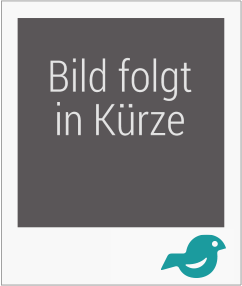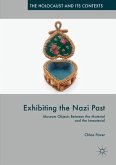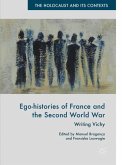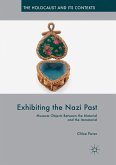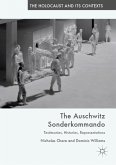This book offers the first in-depth analysis of the antisemitic rhetoric expressed by the interwar Romanian cultural elite, examining eight public voices of the period (A. C. Cuza, N. Iorga, N. Crainic, N. Ionescu, O. Goga, N. Paulescu, M. Vulcanescu and V. Horia) and discussing their position regarding the Jewish minority. This is done in correlation with the codification of idioms they used to frame identity and the symbolic borders they constructed to define both belongingness and exclusion. What were the diacritical marks used to frame Jewishness and how does this correlate with the identity narrative ascribed to the Romanian people and to the generic Other? As all eight figures were strongly involved in different political projects, the book moves from rhetoric to action, analyzing the political solutions they supported in regard to the Jewish problem . The book argues for both the centrality of such antisemitic rhetoric in interwar Romania and, also its local specificity. It proves that such sentiment was present and widespread among the cultural elite, a fact that explains both the collapse of Romanian democracy near the end of the interwar period and the full participation of the Romanian state in the Holocaust.
Bitte wählen Sie Ihr Anliegen aus.
Rechnungen
Retourenschein anfordern
Bestellstatus
Storno

